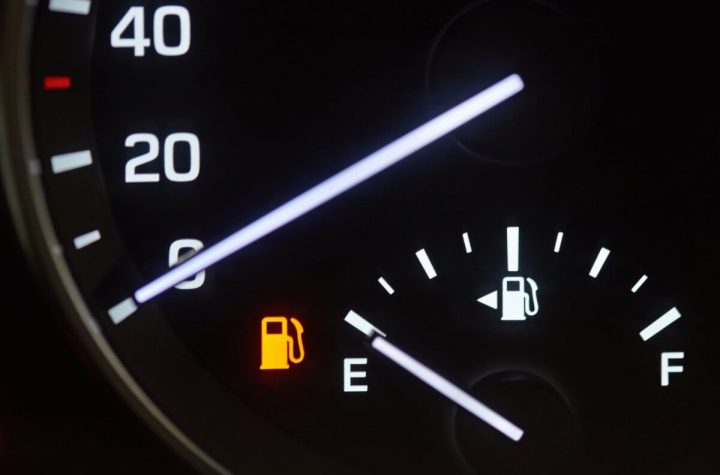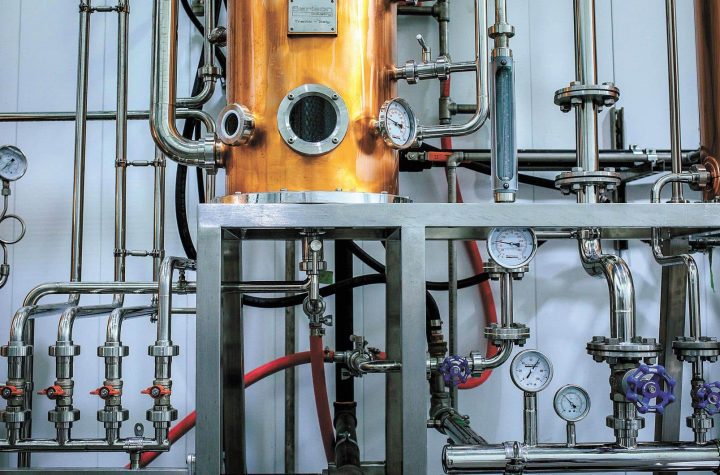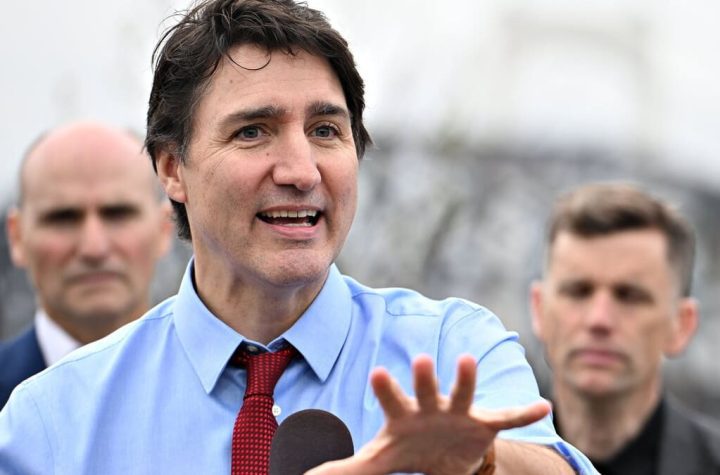
Dubai | In the hottest summer, Sameer rides his small motorbike through the streets of Dubai. It is 45 degrees in the shade and with global warming, the late awakening comes as temperatures in the Gulf become unbearable.
Read also – Climate: Japan, US ask China for more cooperation
“I work from 9am to 4pm in this heat” “Every three hours break”, explains this Pakistani delivery man, a mobile delivery application employee in this big city in the Emirates.
In Dubai, the heat is high due to high humidity, with Emirates and expatriates fleeing extreme temperatures in the summer. Residents spend most of their time in ultraclimatic areas and rely on a battalion of delivery people to reduce their outings.
And the situation is likely to become more complicated. With global warming, “heat pressure levels will rise significantly in many Gulf cities,” said Elfatih Eltahir, a professor of hydrology and climate at the Massachusetts Institute of Technology (MIT).
At the end of the century, with a combination of ever-warming temperatures (above 50 degrees) and humidity, some areas could experience episodes of “heat stress unfavorable to human survival,” the researcher told AFP.
Directly concerned, the United Arab Emirates has launched an environmental strategy for 2050, specifically increasing the share of clean energy from 25 to 50% and reducing the carbon footprint of power generation by 70%.
Take the matter wholeheartedly
“There is more interest in this issue at Emirates, but we are still waiting for the big companies to look into this issue,” Tanzeed Alam, consulting director at consulting firm Earth Matters, told AFP. Dubai based environment consultant.
In the Emirates, for many years, aircraft have been used to sow clouds, with the aim of causing rain and then rain. And soon, drones could be used for the same purpose.
The IPCC predicts that the limit of + 1.5 ° C warming will reach 2030 compared to the pre-industrial era.
UN Secretary-General Antonio Guterres said the report should “spell the end” for fossil fuels.
Gulf countries that have relied on the exploitation of hydrocarbons have long been under bad pressure on the environmental issue, but in recent years have sought to change their speech to restore their international image, but also to diversify their economies.
For example, the Emirate of Abu Dhabi has built a solar power plant, which is considered to be the largest on the planet.
Saudi Arabia, the world’s first crude oil exporter, has launched a series of reforms to diversify its economy, announcing several major environmental projects focusing on solar energy as well.
“Cool Water Tanks”
For nine years, Mohammed Abdel has been interested in renewable energy. He is a startup founder who specializes in one technology that “uses only solar energy to cool water reserves during the hottest periods of summer”.
According to him, his company Silent Power has increased demand in Bahrain, Saudi Arabia and the Emirates this (especially hot) summer.
“We have long and strong sunshine,” he emphasizes, which facilitates the production of “clean, sustainable and inexpensive energy”.
In Kuwait, another Gulf oil monarch, Khalid Jamal al-Falih, decided to run his entire home on solar power.
“Today, in Kuwait, a working person can only go out after 6 pm and must use an air-conditioned car to get to the air-conditioned place,” he told AFP.
The idea of escaping the reality of climate change was once widespread in this country, he stressed, “has become impossible.”





More Stories
Allegations of corruption Qatar warns of ‘negative impact’ of European measures
USA: Famous “Hollywood cat” euthanized in Los Angeles
The campaigner who called for the shooting of Ukrainian children has not been charged